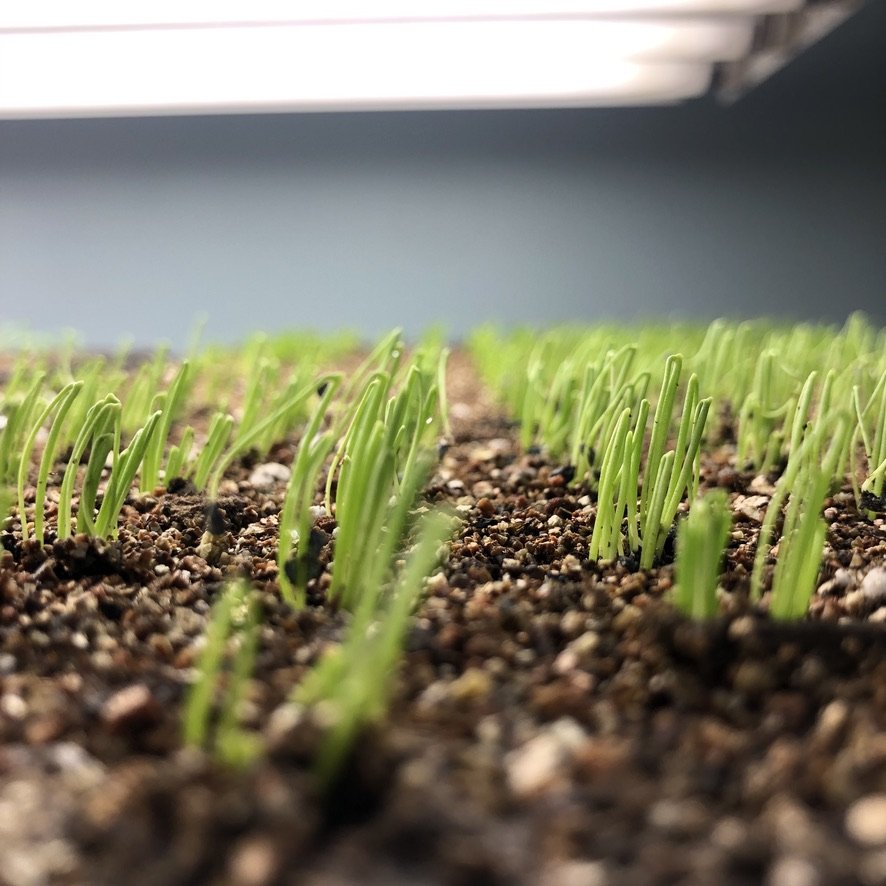
Blog
Deep dives into both timely and timeless food system topics
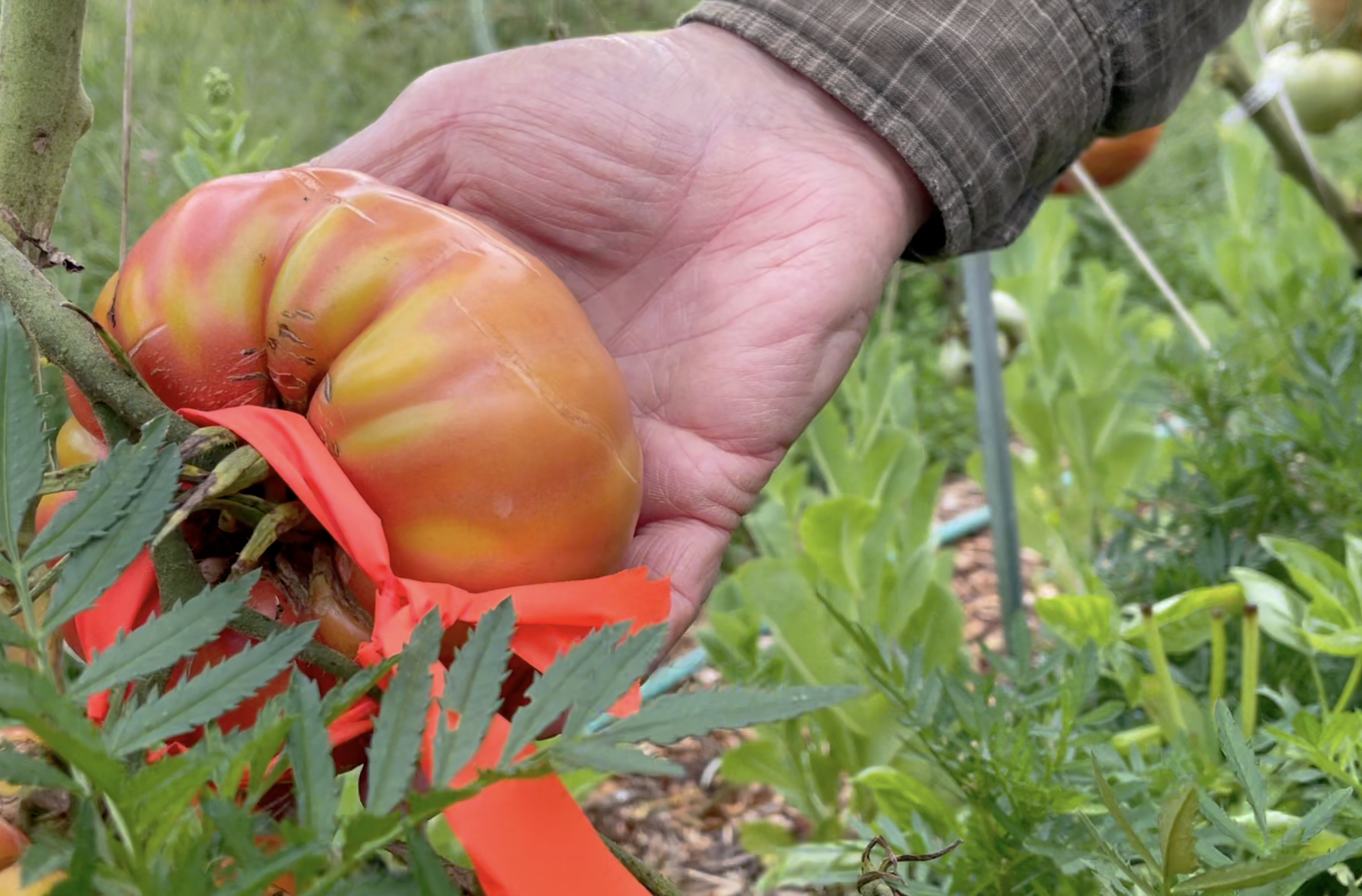
In the garden with Leon: Why and how to save seeds!
August is NH Eats Local month here in New Hampshire, a time to celebrate all things local food in the Granite State!
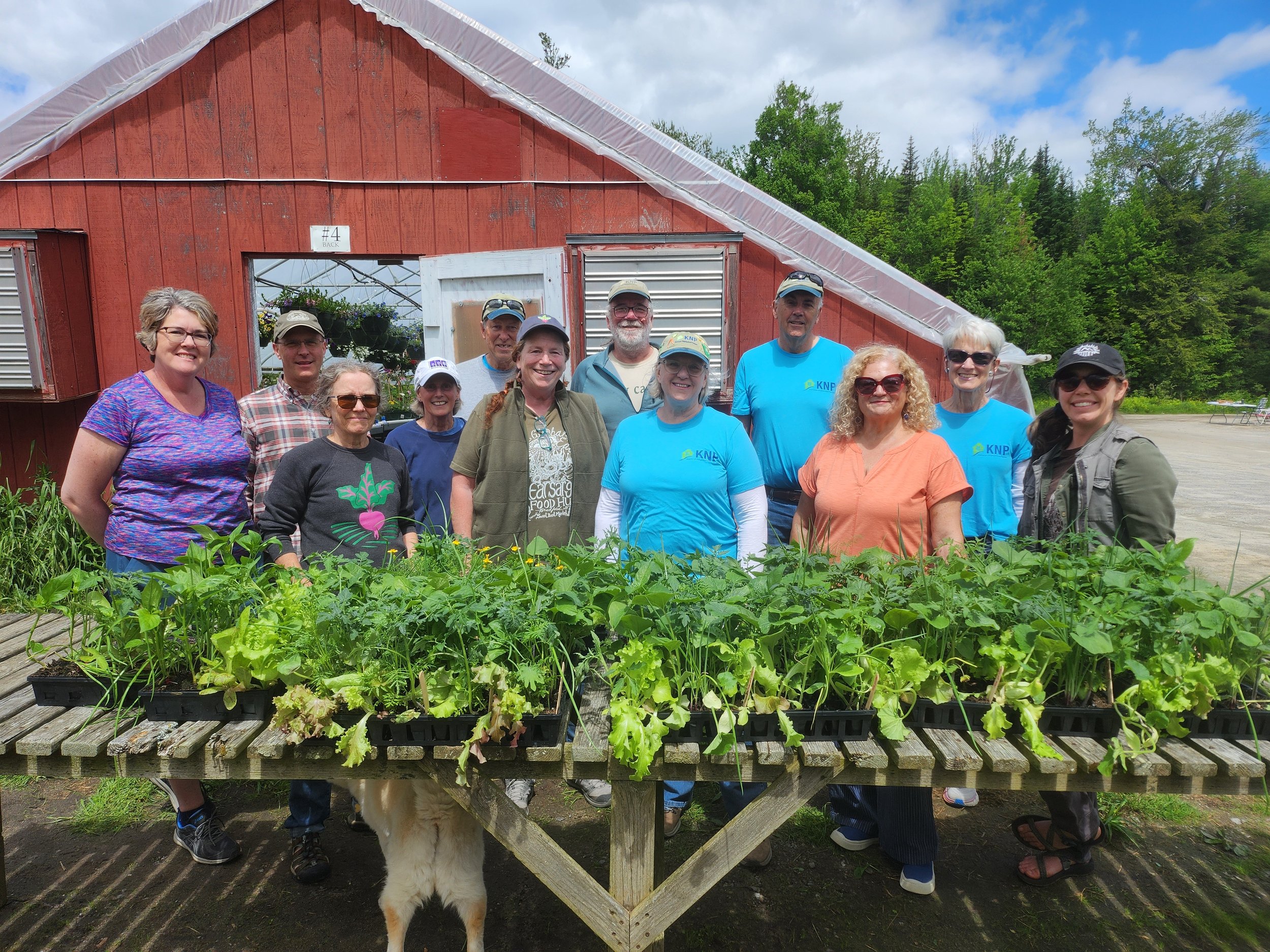
5th Annual Tray it Forward: Celebrating Half a Decade of Growing Gardeners
After half a decade of serving the surrounding community, it is a great time to take a stroll through memory lane and recount the growth (pun intended) of the Tray it Forward project!
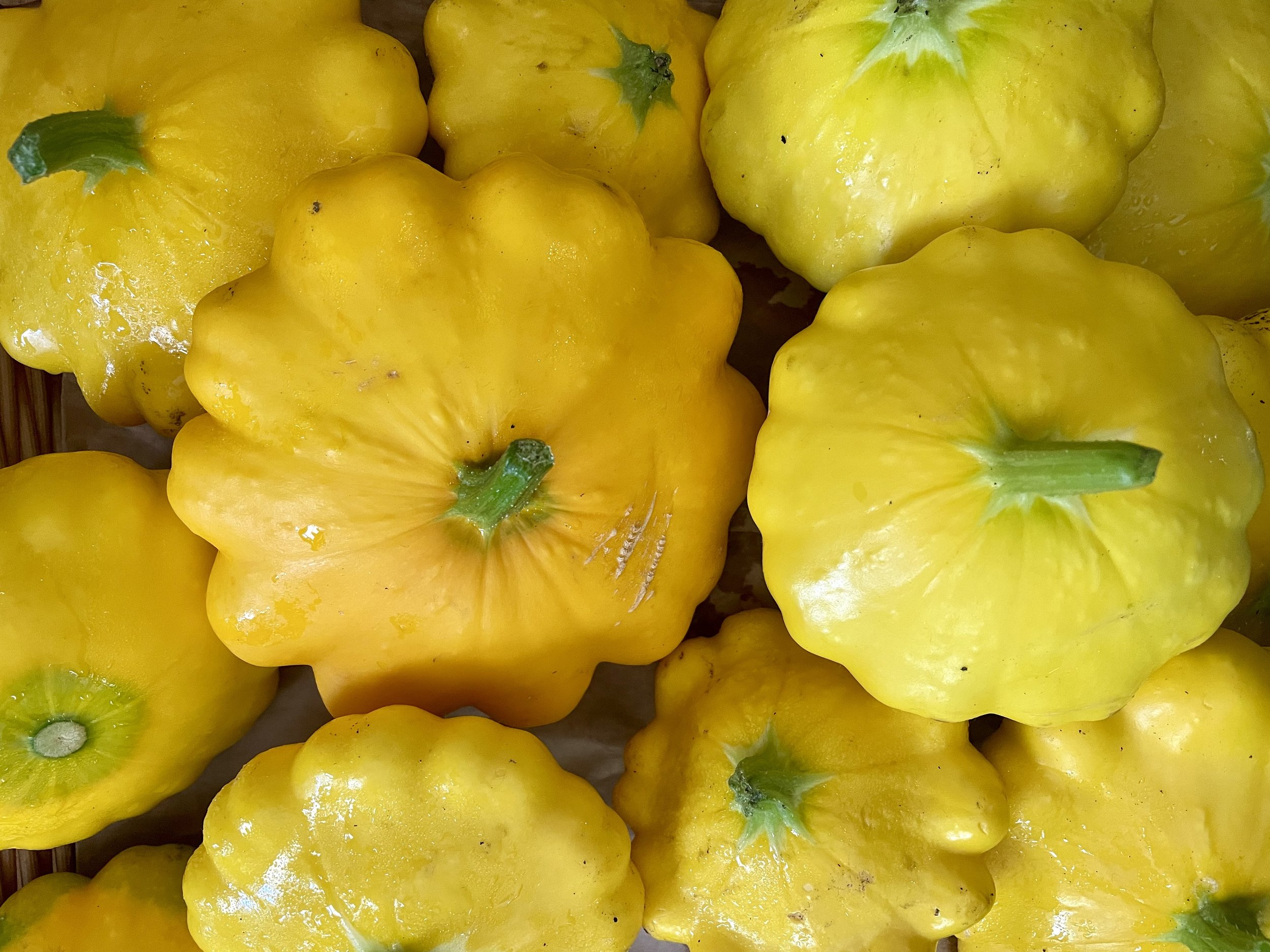
From lawn to fertile garden: Learn how in this 6 minute video!
We’re back with Professor Leon Malan in the Colby-Sawyer College permaculture garden where he takes us from compacted lawn to a fertile garden space that’s ready for your seedlings.

Celebrating Earth Day! Make your own compost at home with these short videos.
What’s one small thing you can do at home to help the planet this Earth Day? Start your own compost system at home!
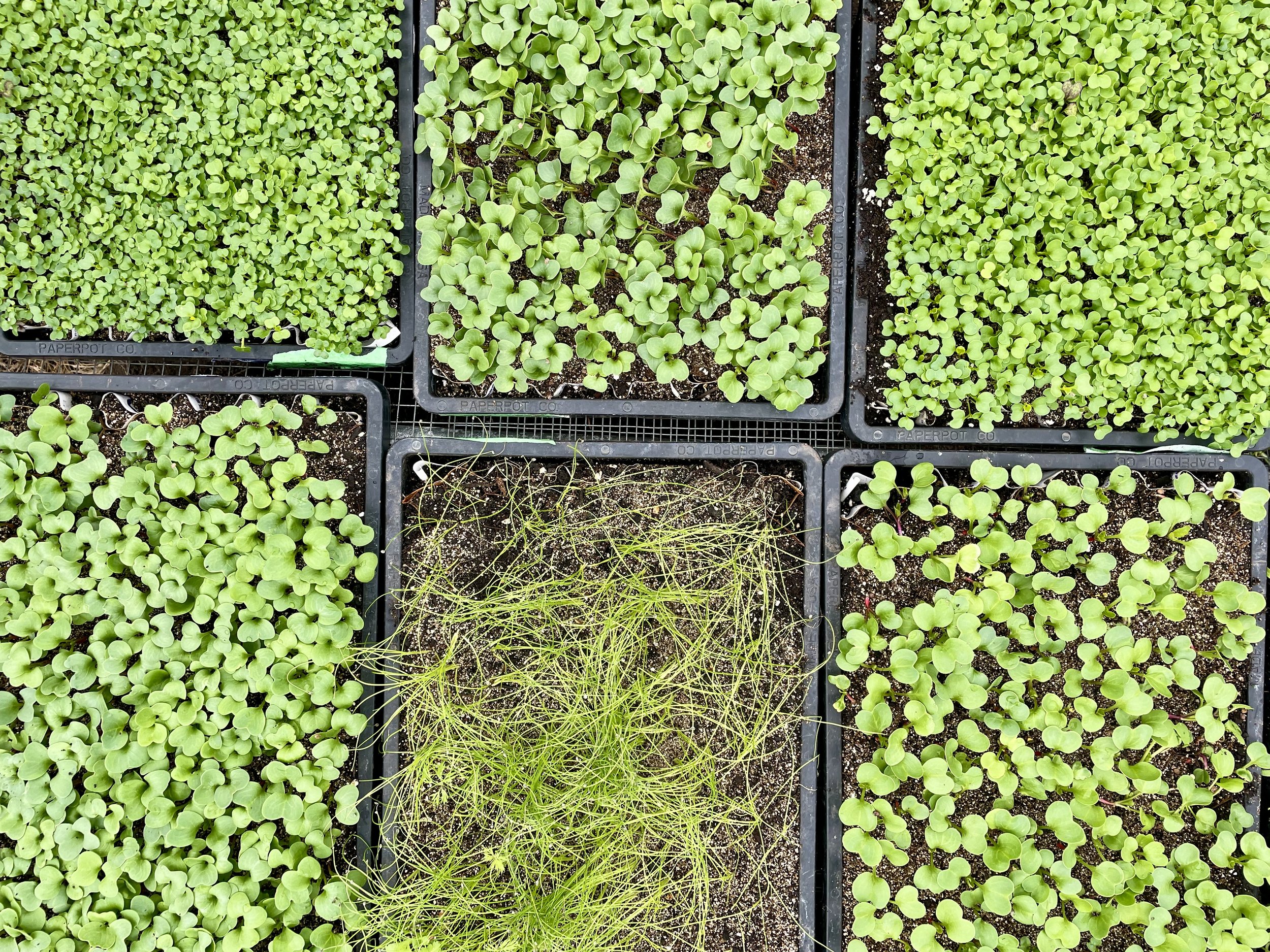
Summer Gardening Video Series: Garden Maintenance
We’re back in the garden at Colby-Sawyer College with Professor Leon Malan to explore a few key areas of garden maintenance:

Summer Gardening Video Series: In the Garden with Leon!
Here at the Kearsarge Food Hub (KFH), we’re grateful to be a part of two local networks geared toward growing more gardeners in the Kearsarge Area - FEED Kearsarge and the Abenaki Seeds Project.

The what, when, how, and why of grafting tomato plants!
Sweet Beet Farm and Education team Julie and Pierre sat down to explore the world of grafting tomato plants!
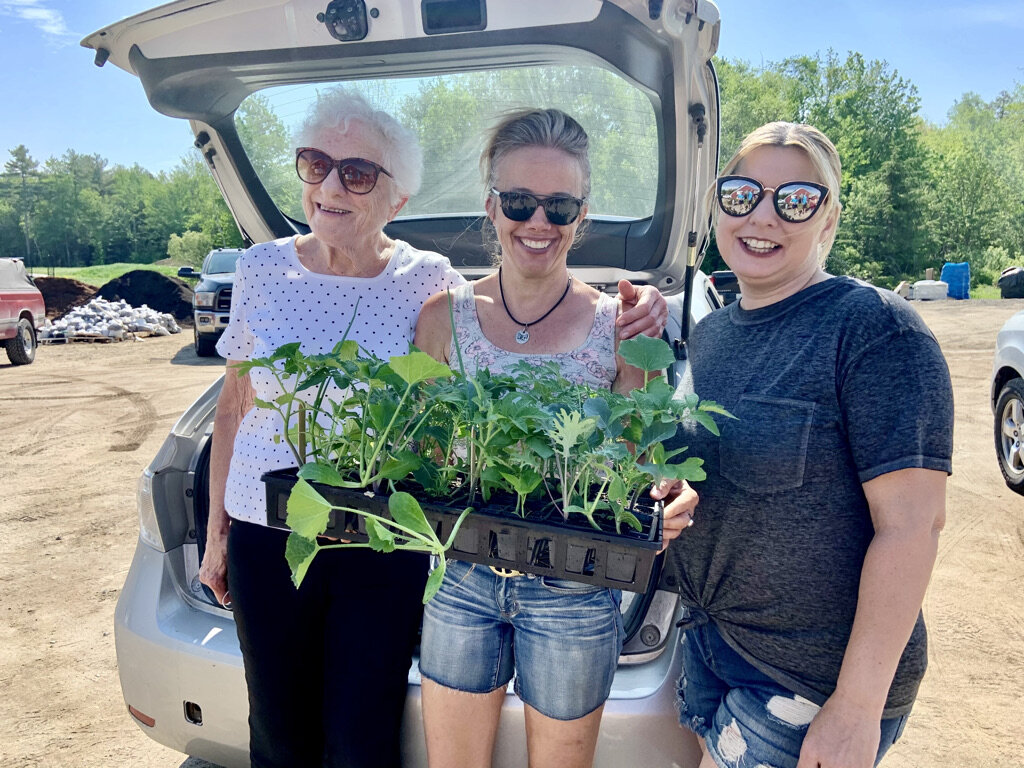
Tray it Forward: Food Sovereignty and Community Connections through Gardening
The Tray it Forward program is designed to help more community members, specifically neighbors in need, start home gardens with the help of donated seedlings and supplies, with ongoing outreach and educational support.
